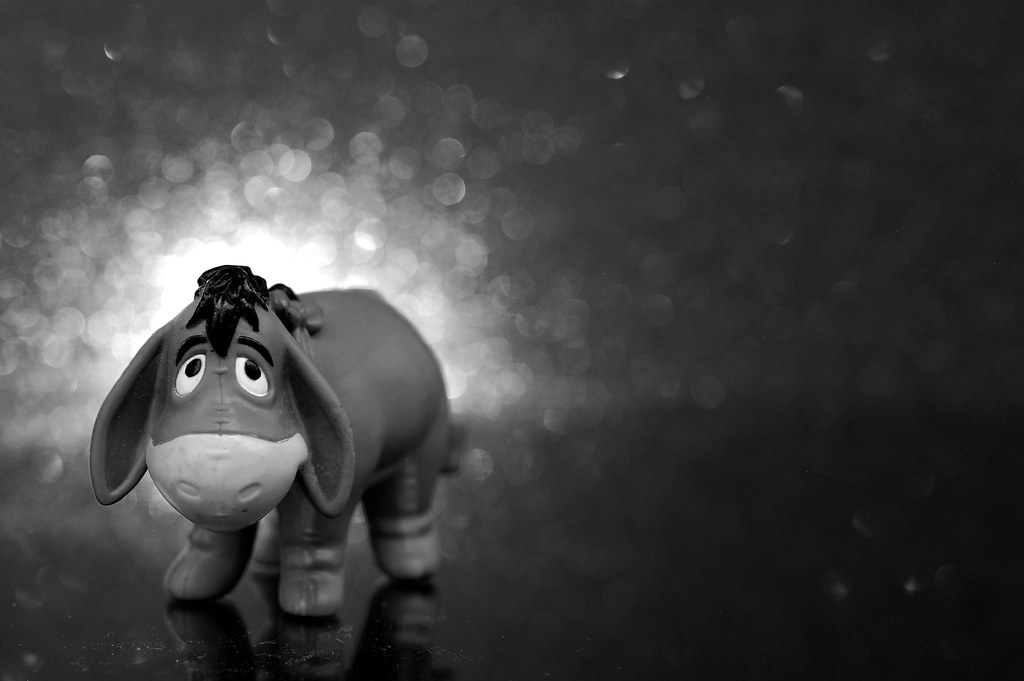'Lowest of the low' narcissism
24 May 2020
Usually we understand narcissism as a kind of arrogance or superiority. But there is another side to this, which is the ‘I’m the lowest of the low’ form of narcissism.
Of course, I believe we can all show these narcissistic traits to some degree, but for some people they seem to be deeply embedded ways of relating to the world and can cause major problems in relationships.
Many people swing between the superior/inferior expressions of narcissism, either feeling like they are better than everyone else or worse.
The more obviously grandiose form of narcissism is often easier to spot. Think of Donald Trump, David Brent from TV show the Office or Gilderoy Lockhart (Kenneth Branagh) from the Harry Potter films.
These people, who are extremely sensitive to any criticism, are obsessed with winning, being admired and being in control.

But someone who shows covert, or victim, narcissistic traits comes across very differently, at least on the surface.
He or she may come across as vulnerable and we may want to help. But, unlike true vulnerability, the victim narcissist tends to push us away. We may find there is something irritating about the person, even though we can’t quite put our finger on why.
Our irritation, frustration or finding it hard to truly empathise are clues that the person is behaving narcissistically. In effect, while they may seem vulnerable or in need of help, like the inflated narcissist ‘it is all about them’.
In other words, while appearing to be self sacrificing, fragile, distressed or a victim, the individual makes every situation about themselves and may seek to get attention in a manipulative way. They may also find it hard to express anger or annoyance directly but instead do so, indirectly, in a passive-aggressive way.
For these people it is often about feeling ‘special’ in their suffering and they portray the message that nobody else has things as bad as them. They also communicate a helplessness over their situation, so that any advice or offers of support somehow fail to really help.
Eeyore, the donkey from Winnie the Pooh, is a covert narcissist. Nothing ever goes well for him and nobody else’s problems are as bad as his.
Like the more overtly controlling ‘alpha’ narcissists, victim narcissism is fuelled by an alienation from the self, a belief that we are not intrinsically worthy, which may stem from early emotional wounding.
In psychotherapy this covert narcissism can be explored, with the client helped to gradually value their own, deeper feelings and experience and to learn that it’s ok to feel and express anger. If they can connect to their genuine vulnerability and grieve what they missed out on as children, they can slowly allow themselves to connect more authentically with others.


